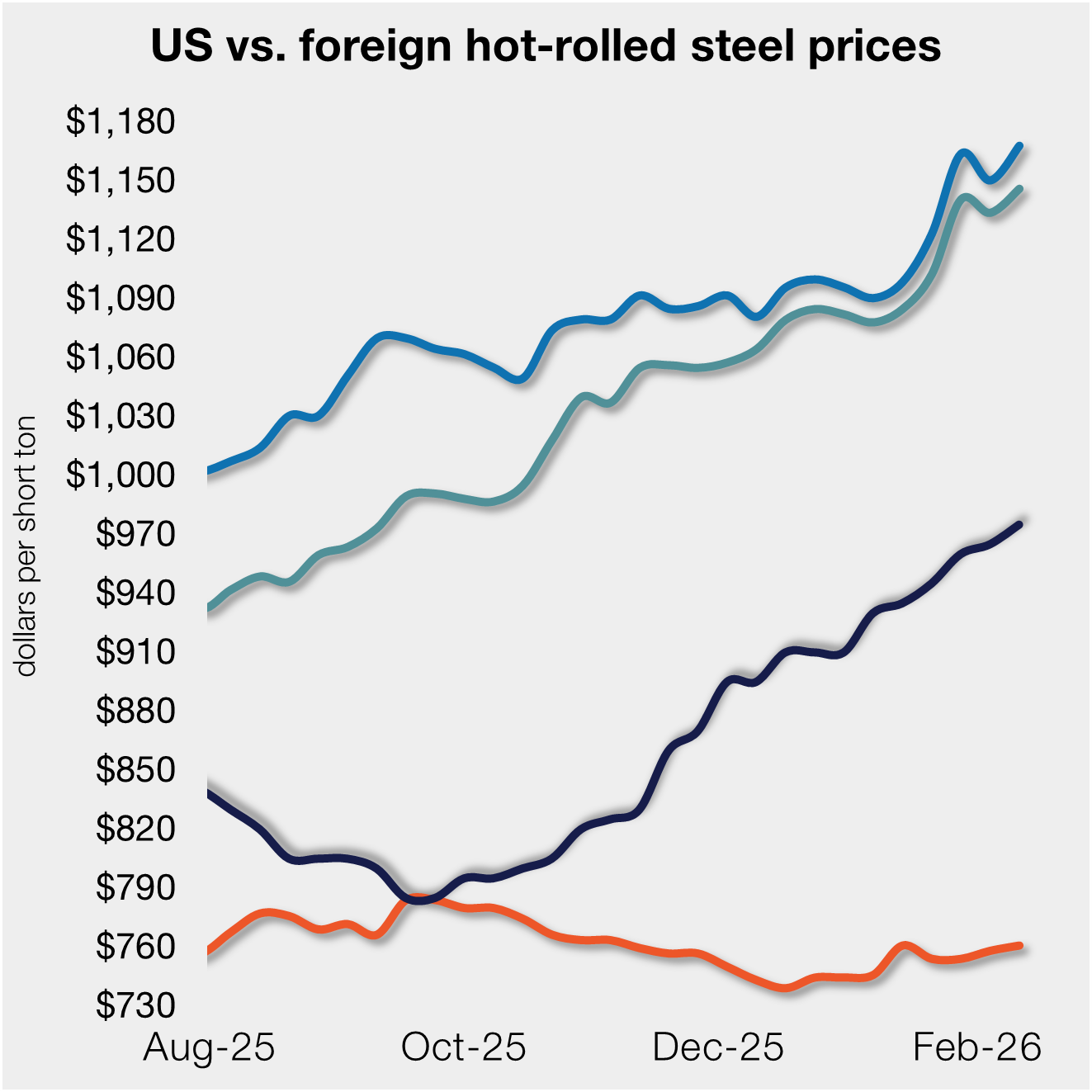Product

September 19, 2017
USW Proposes Changes to NAFTA
Written by Sandy Williams
The United Steelworkers union is calling for the United States to negotiate stronger NAFTA rules of origin. The union charges that the rules negotiated more than 25 years ago do not reflect current economic reality and sourcing patterns.
Increased imported content from China and other nations has been detrimental to U.S. production in North America, claims the union.
“The USW has long supported the renegotiation of NAFTA, but negotiations must advance and protect the interests of North American workers by significantly strengthening regional ‘rules of origin’ requirements to promote production and jobs in the NAFTA region,” said Ken Neumann, USW national director for Canada.
The USW proposes a number of changes to the NAFTA language including closing loopholes for automotive content. “A dramatically strengthened rule of origin should require that only a limited amount of foreign content be allowed in a vehicle to be eligible for trade benefits,” he added.
{loadposition reserved_message}
In light of investment gains by Mexico in the first 25 years of NAFTA, Canadian and U.S. producers should be given preference for components critical to future automotive production regarding fuel economy, emissions control and driverless vehicles, said the USW.
NAFTA should require steel products to be melted and poured in North America, as well as extruded, forged or rolled in the region. The same requirements should apply to aluminum products.
Trade enforcement must be strengthened to ensure the elimination of circumvention, evasion and manipulation of trade laws and existing remedies. Measures to eliminate currency manipulation must be adopted.
“Workers’ rights provisions must also be fundamentally changed so that no workers are exploited,” said the USW.
The proposal also includes cutting Investor State Dispute Settlement (ISDS) from the agreement.
“Existing trade agreements have reshaped the world economy and trade flows,” stated the USW in its proposal. “It’s time to update and reform all our trade agreements to ensure that the workers in participating countries gain the benefits of the agreements their political leaders initiate.”







